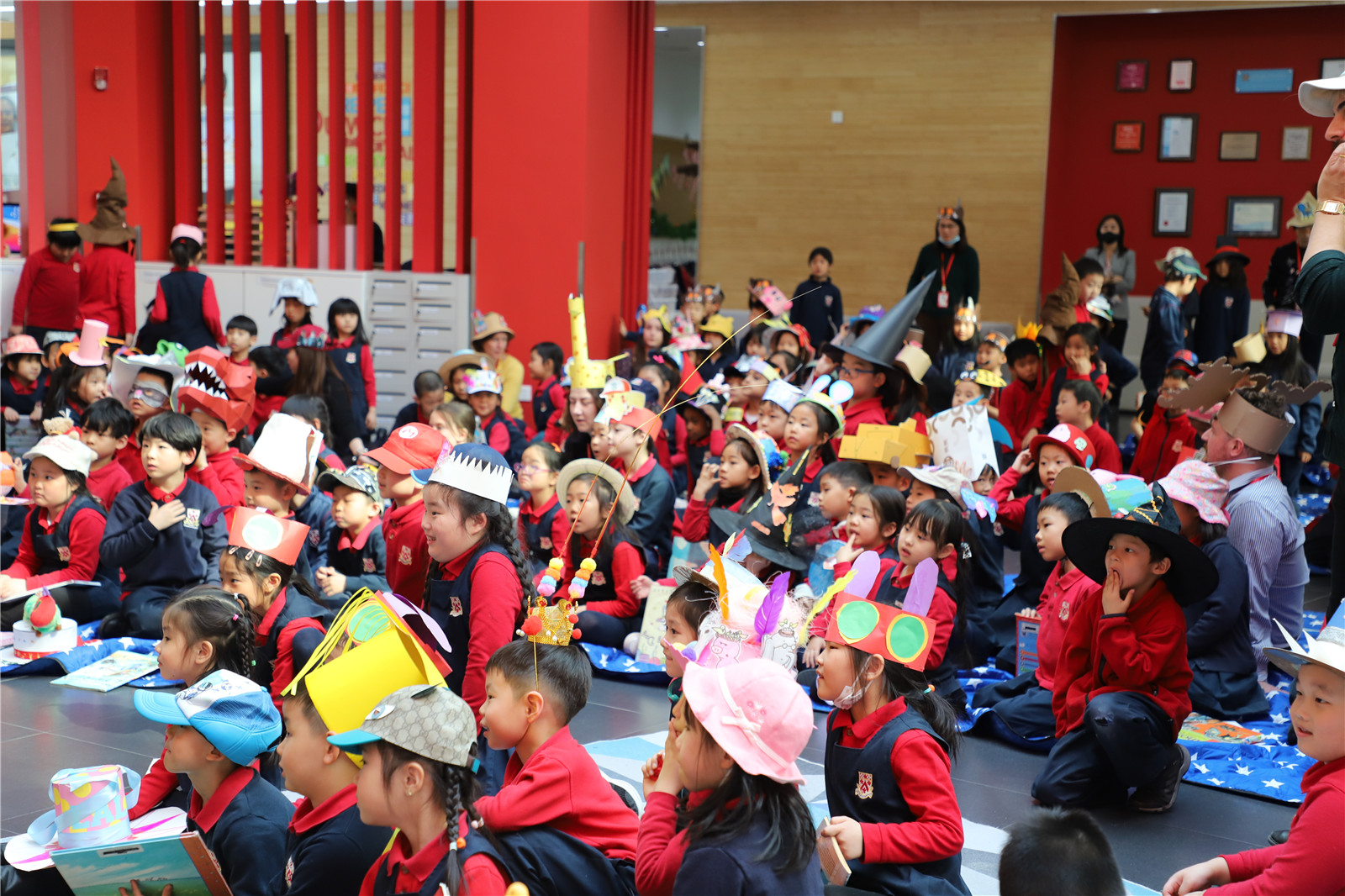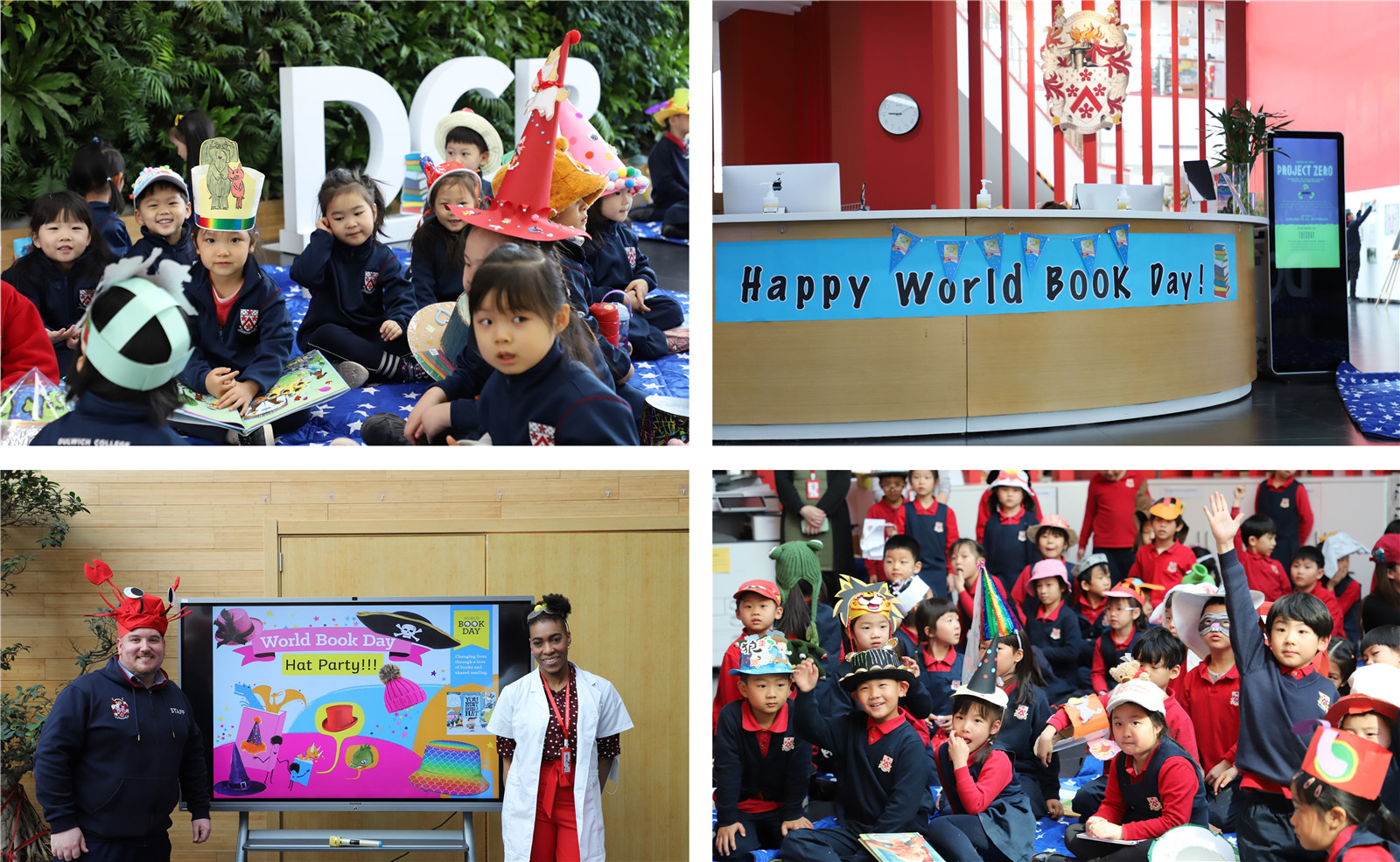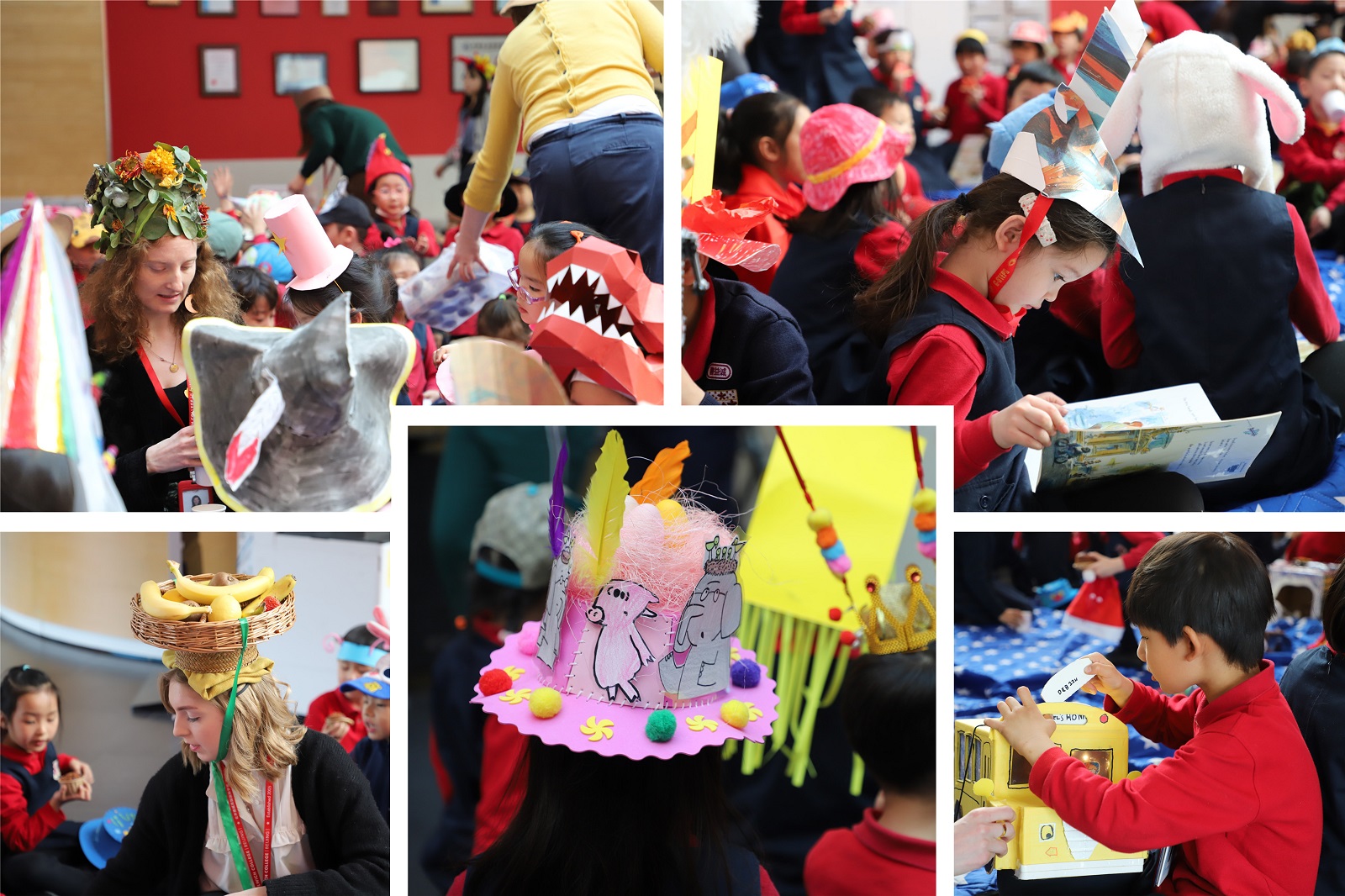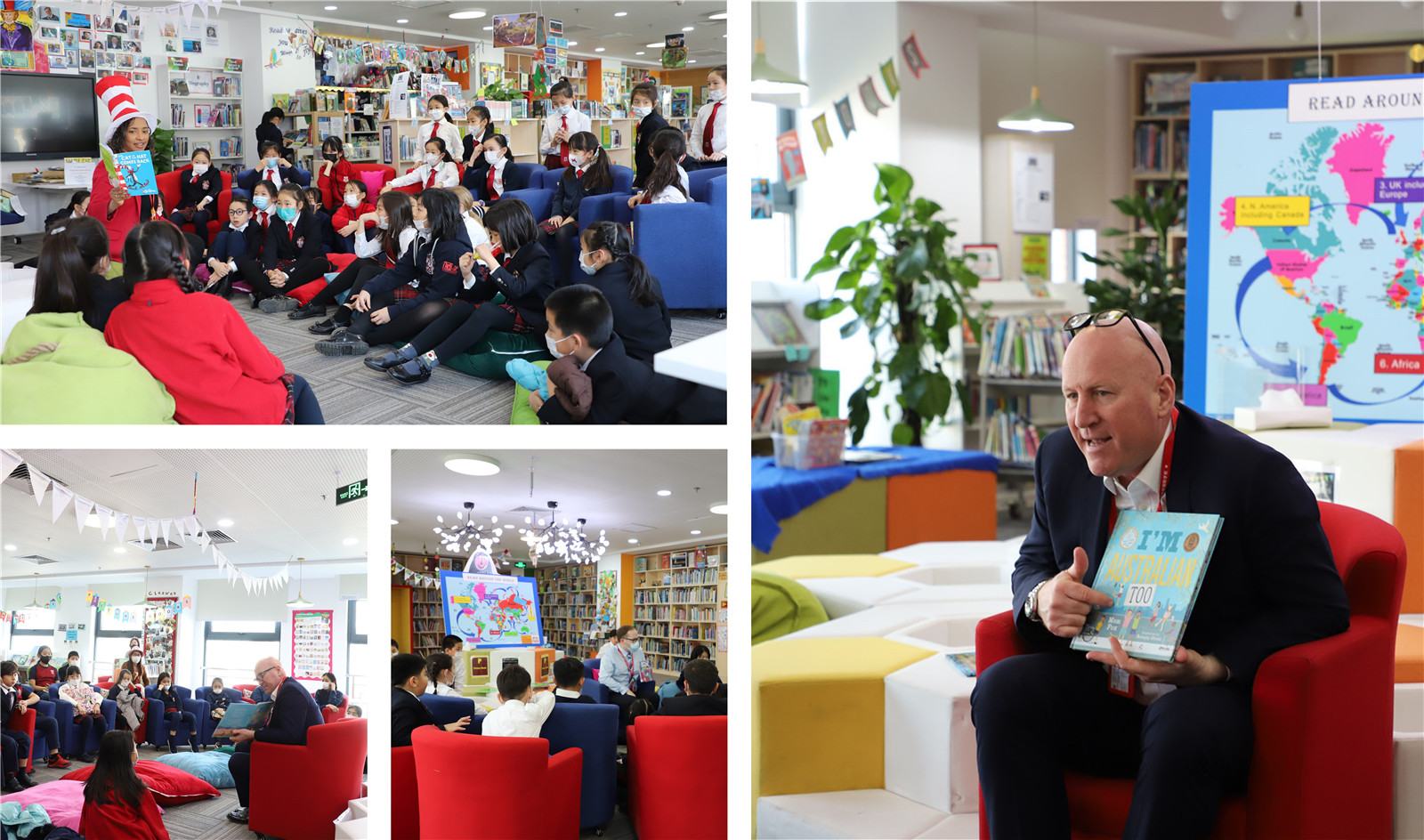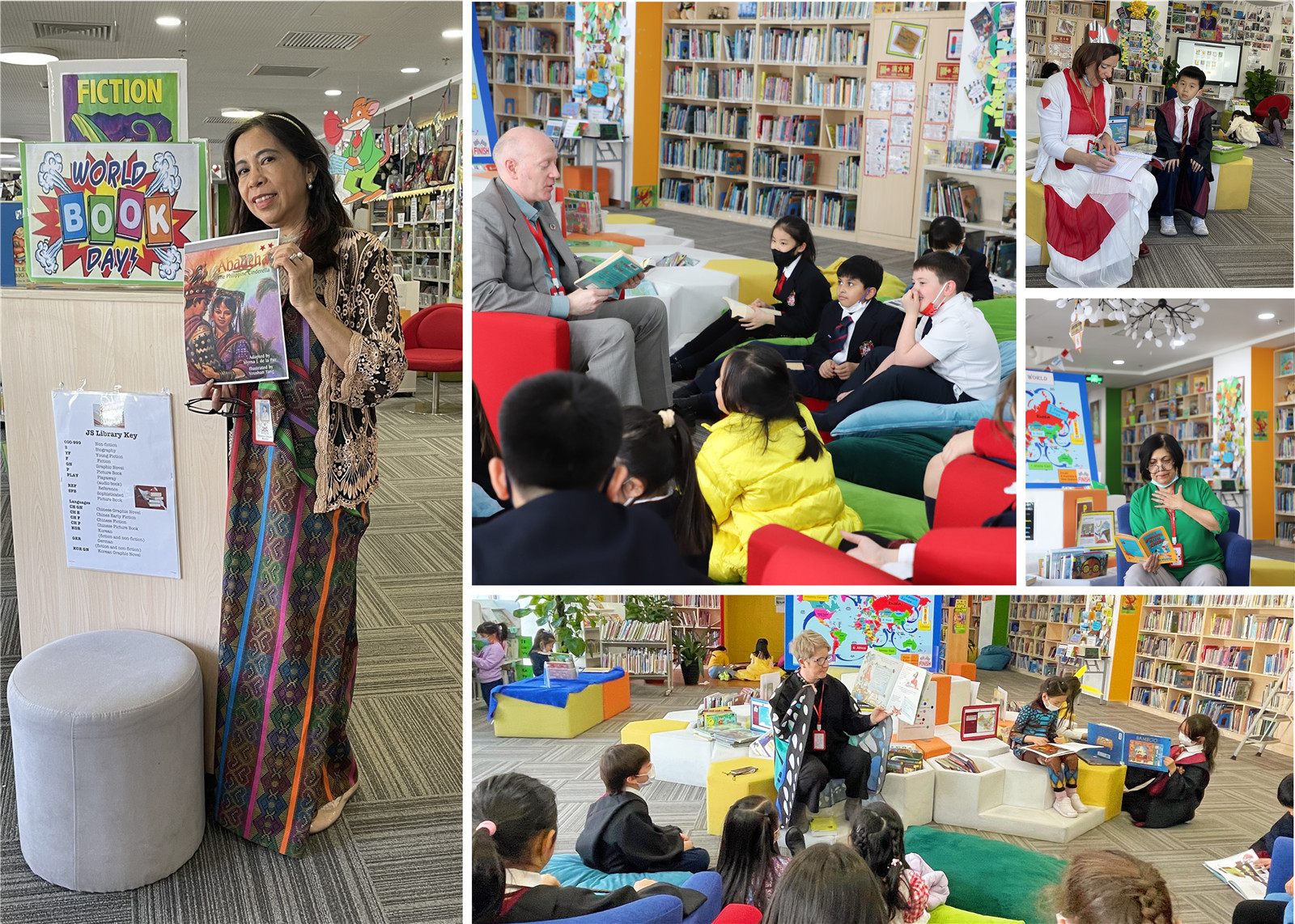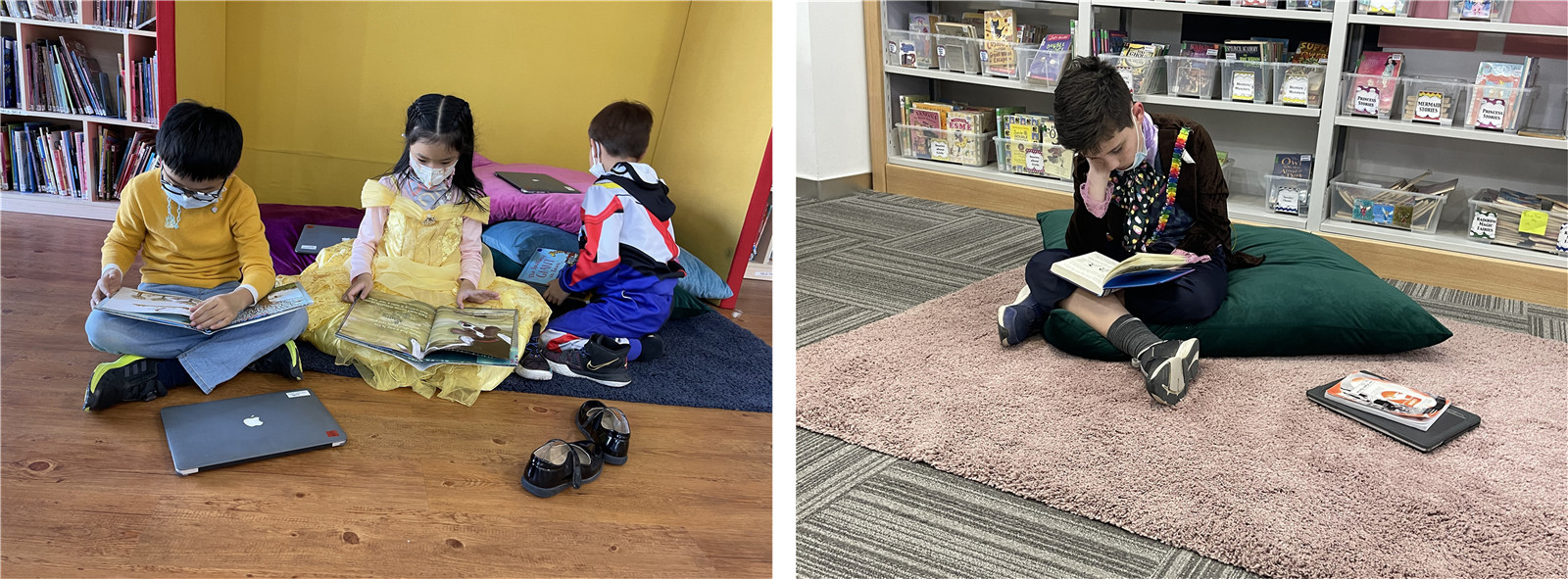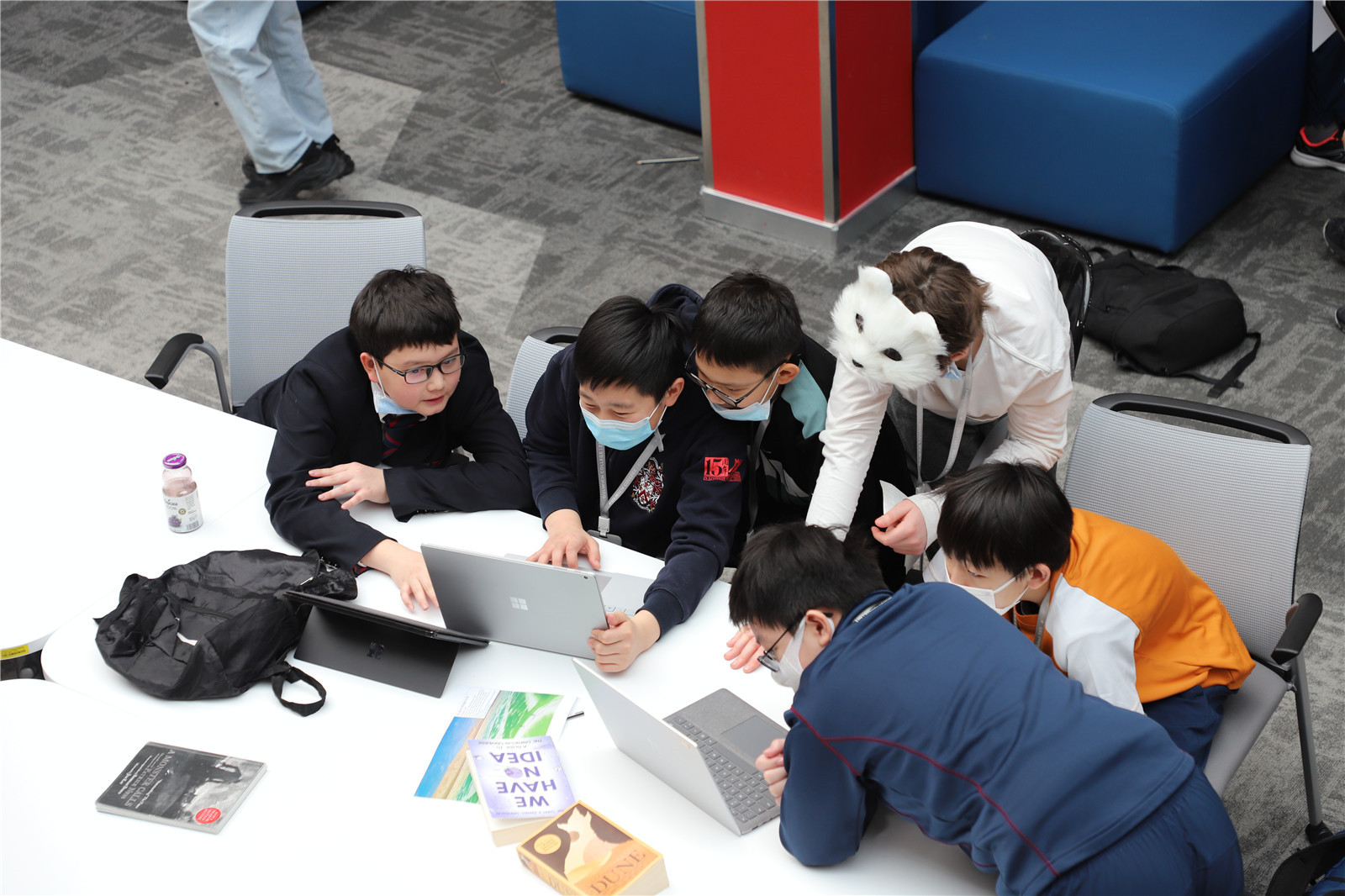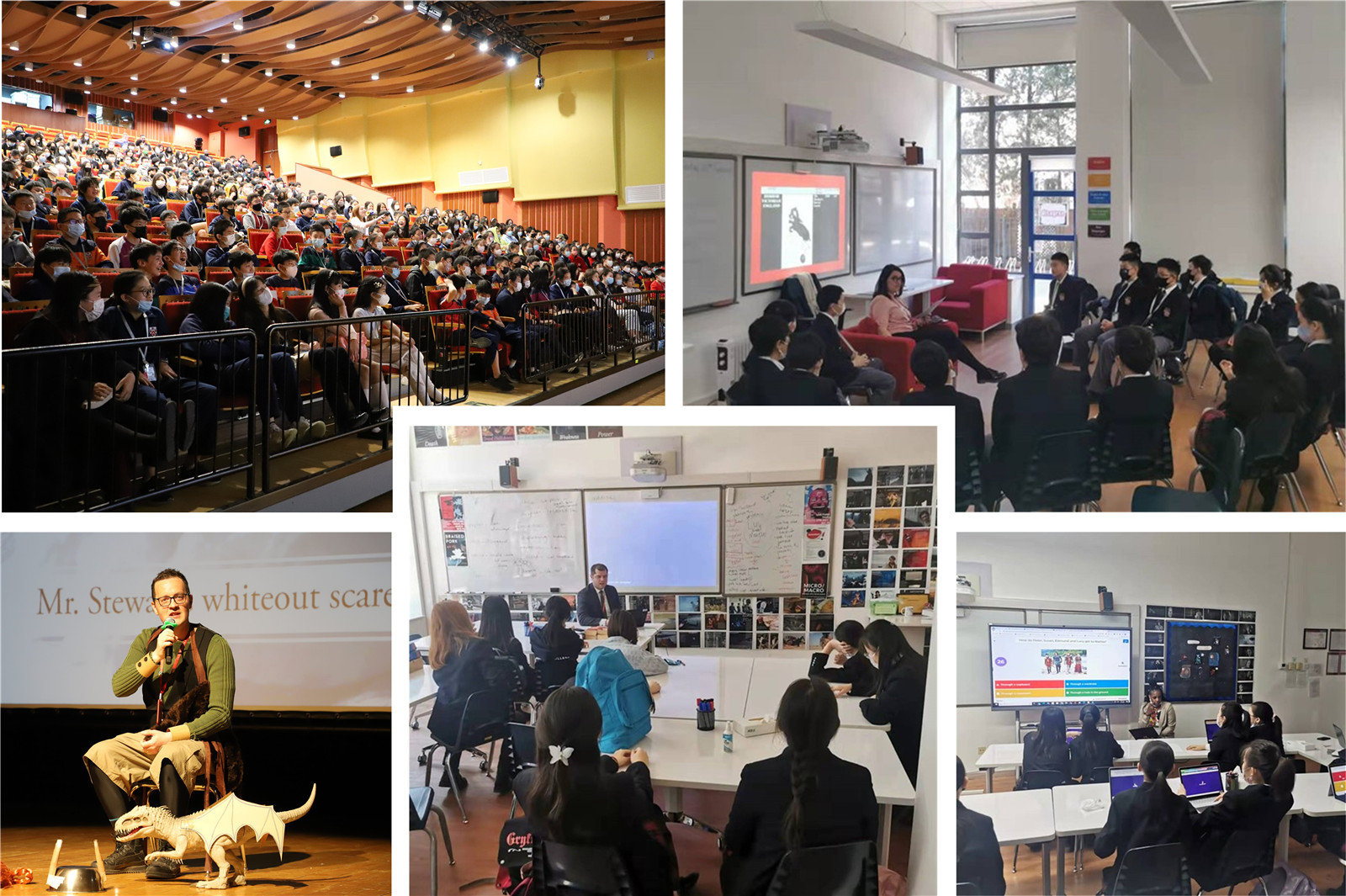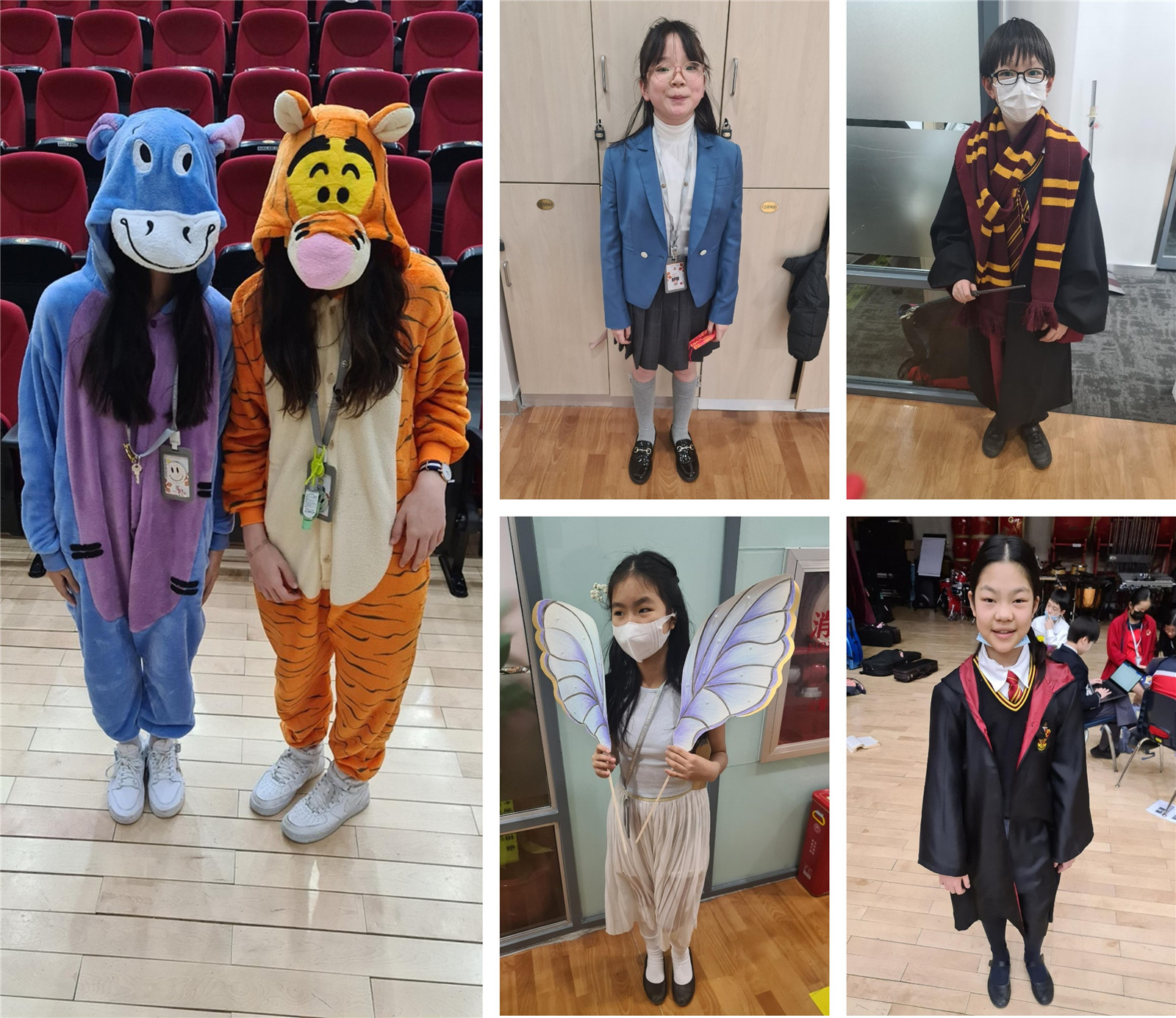A Celebration of Reading
As the world was celebrating the 25th anniversary of World Book Day last week, Dulwich College Beijing enthusiastically celebrated the importance of reading and the value of books.
Reading boosts concentration, which is key for self-management and for taking responsibility in the learning process.
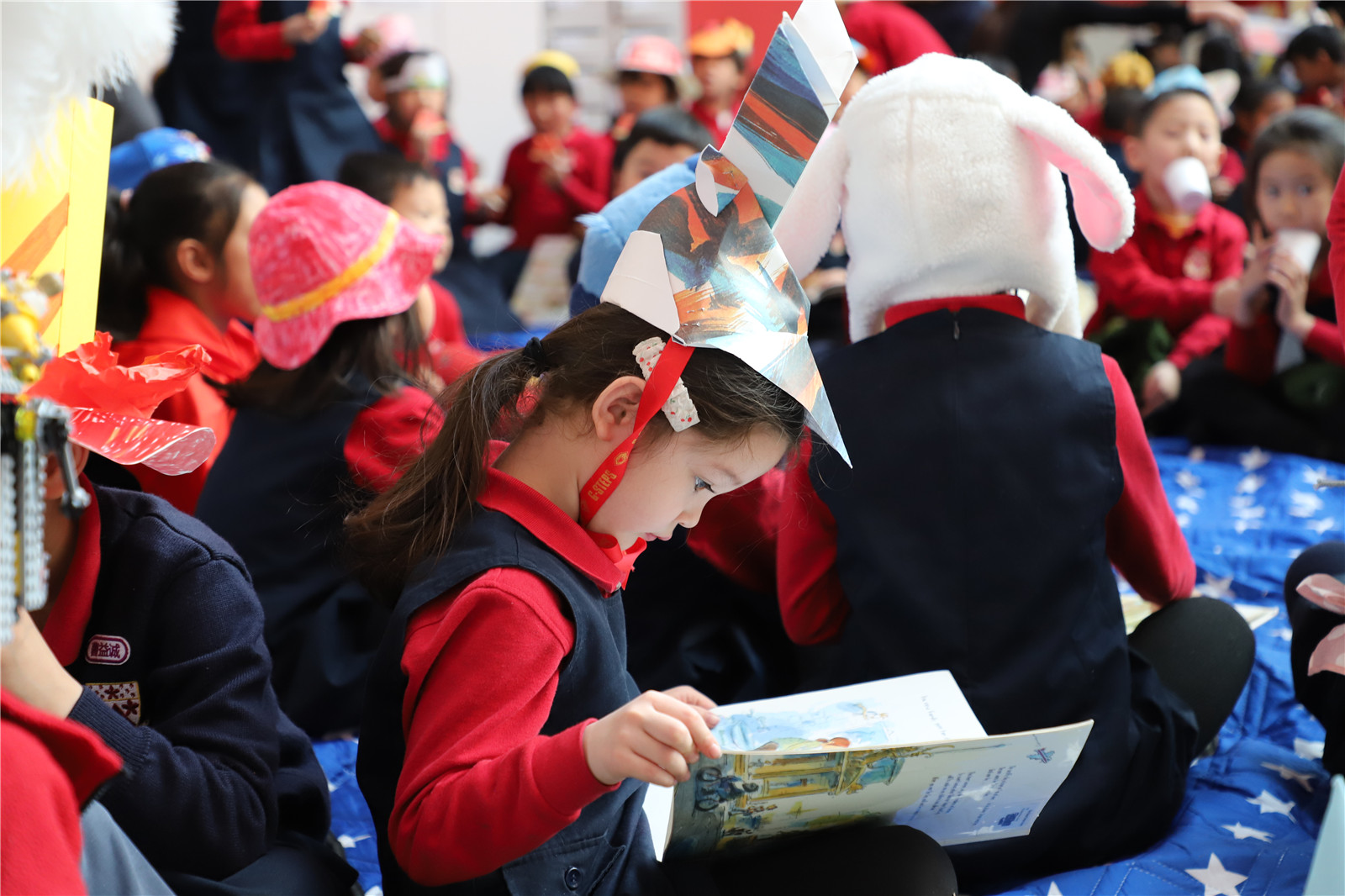
Reading is a must-have skill for learning.
An extensive body of research over the past seventy years has provided key principles in how we teach reading and how best to hook students to read for enjoyment. We know that for students to be accomplished readers, they need to engage with reading and writing in purposeful ways.
Richard Allington is a well-known academic in the field of reading. He is a Professor of Education at the University of Tennessee, and he has distilled decades of research on teaching reading down to six main principles:
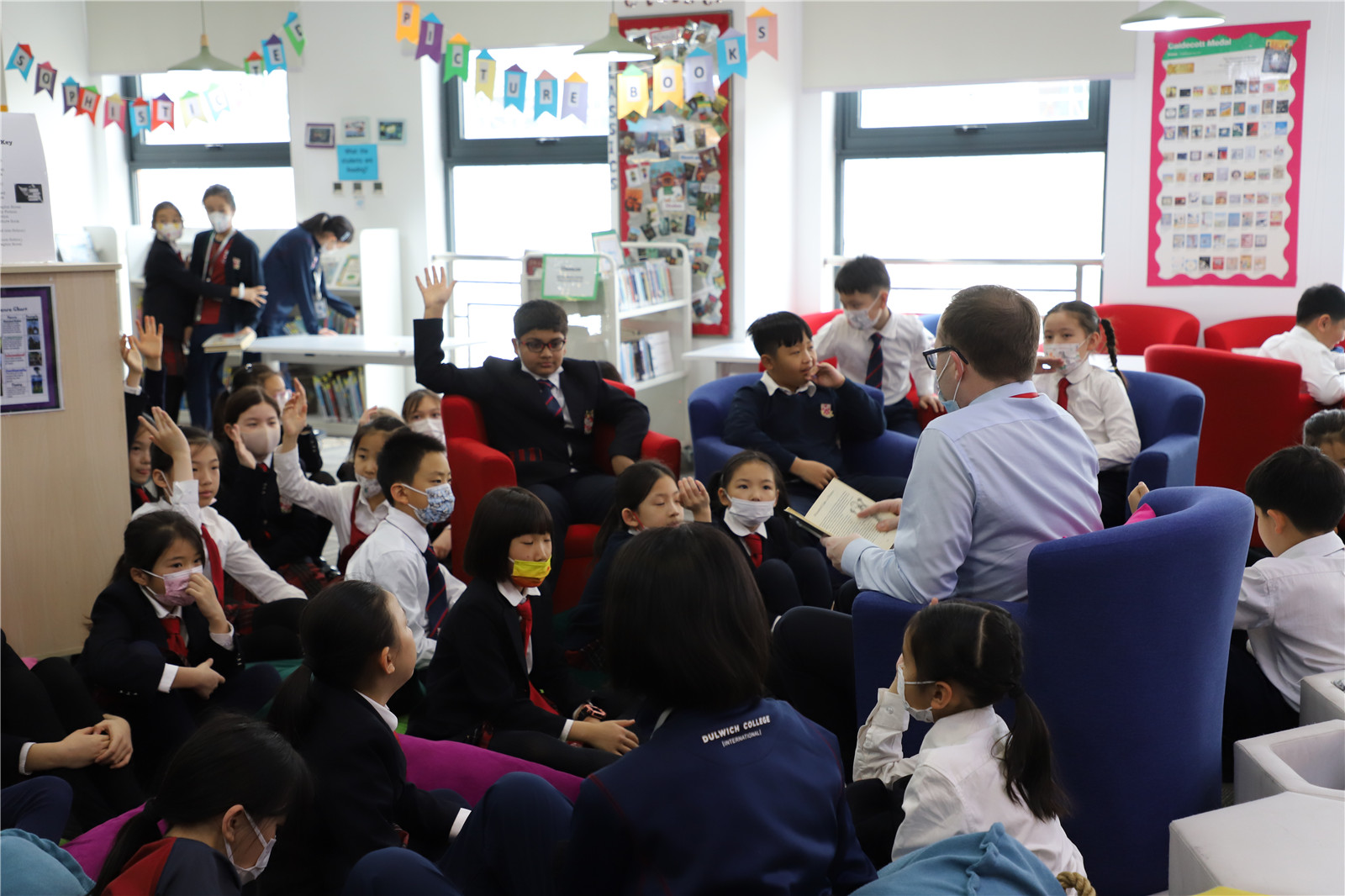
- Students read more, understand more, and are more likely to continue reading when they can choose what they read. This is not to say that students should never read teacher-selected material, but self-selection is really important to hook readers and sustain motivation.
- Good readers read with accuracy almost all the time. Research shows that reading at 98% or higher accuracy is essential for reading acceleration.
- Understanding what you've read is the goal of reading. Younger students need time to read, so there must be opportunities for re-reading the same text.
- Writing is connected to reading. Students practice the skills of reading whilst they write. When students write about something they care about, they use spelling and grammar conventions.
- Research has demonstrated that conversation with peers improves comprehension and engagement with texts. Time for students to talk about their reading and writing is critical for development.
- Listening to an adult model fluent reading increases a student's own fluency and comprehension skills. This is very important for parents with younger readers. Not just in English but also in home languages too. Such practice is recognised to reinforce continuous cognitive development, thus leading to additive bilingualism. It is also crucial for maintaining cultural identity and emotional stability.
It is recognised that daily reading is best before bed. However, in an increasingly digital world, it is important to highlight that “students really do need a break from technology, and especially be tech-free before they go to sleep at night. Sleep patterns are affected when video games and social media are used before sleep” (Journal of Adolescent Health, 2016)
All three schools celebrated this year’s 25th anniversary of World Book Day through various activities, including meeting with guest speakers, storytelling and story writing competitions, read aloud opportunities and dress-up in book characters.
Below are some snapshots of all our celebrations!
